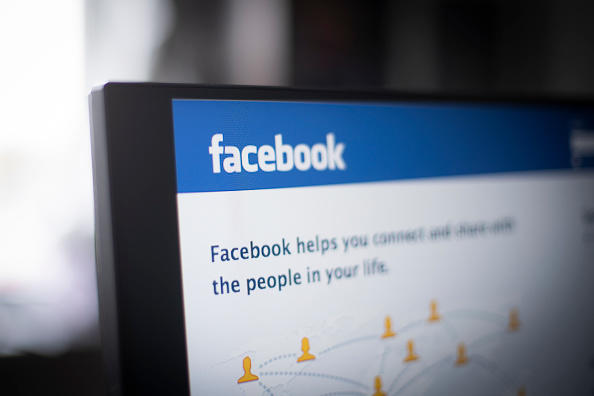We’ve all seen the impacts social media can have on elections. From the Cambridge Analytica debacle, to efforts by foreign actors that specifically targeted African Americans, election security and social media have been mentioned hand in hand almost every month for the past few years.
Companies have even tried to set up methods to combat propaganda and election interference like Facebook’s “war room.” However, the full effect that social media can have during elections isn’t completely understood.
On Monday, Facebook announced a new series of independent research projects that would examine social media’s impact on democracy. More than 60 researchers from 30 academic institutions across 11 countries will have access to “privacy-protected Facebook data” in order to conduct their research.
“We hope this initiative will deepen public understanding of the role social media has on elections and democracy and help Facebook and other companies improve their products and practices,” Elliot Schrage, Vice President for Special Projects, and Chaya Nayak, Strategic Initiatives Manager, wrote.
The two went on to add:
“Over the past two years, we have made significant improvements in how we monitor for and take action against abuse on our platform. We know we can’t do this work alone, and much of the progress we have made is due to significant support from external partners, including governments, civil society groups, NGOs, other private sector companies and academics. This initiative will deepen our work with universities around the world as we continue to improve our ability to address current threats and anticipate new ones.”
For this series, Facebook will partner with Social Science One and the Social Science Research Council (SSRC). Researchers will look into topics like IRA-trolling during Germany’s 2017 election and problematic sharing behavior on Facebook.
“The urgency of this research cannot be overstated,” Social Science One wrote in a press release. “Concerns about disinformation, polarization, political advertising, and the role of platforms in the information ecosystem have not diminished. If anything, they have heightened.”
Facebook wasn’t involved in selecting any projects or individuals for the series. In addition, the company won’t play a role in directing the findings or conclusions of the research.
Facebook isn’t the only company combatting election interference. Last week, Twitter launched a “misleading about voting” report option.
Although options like these are important, it doesn’t completely resolve the issue and leaves a lot up to users. Hopefully, this series of projects will fill in the gaps, so social media companies themselves can start taking a proactive approach.

